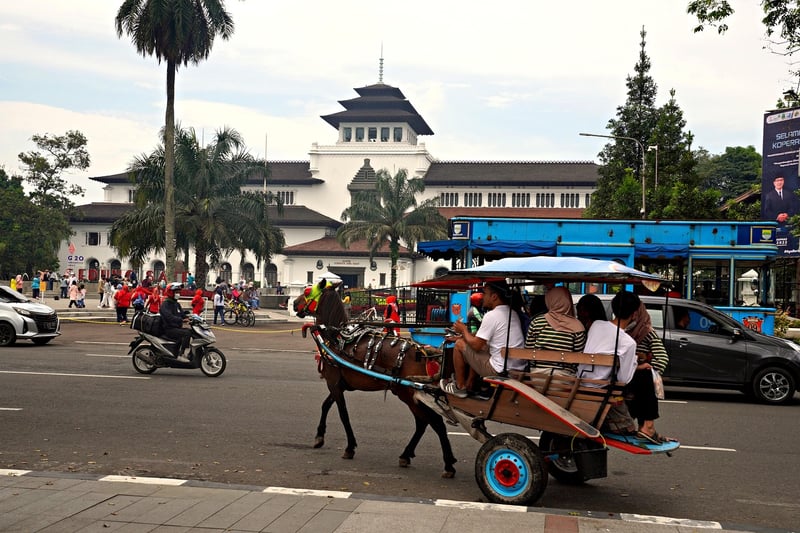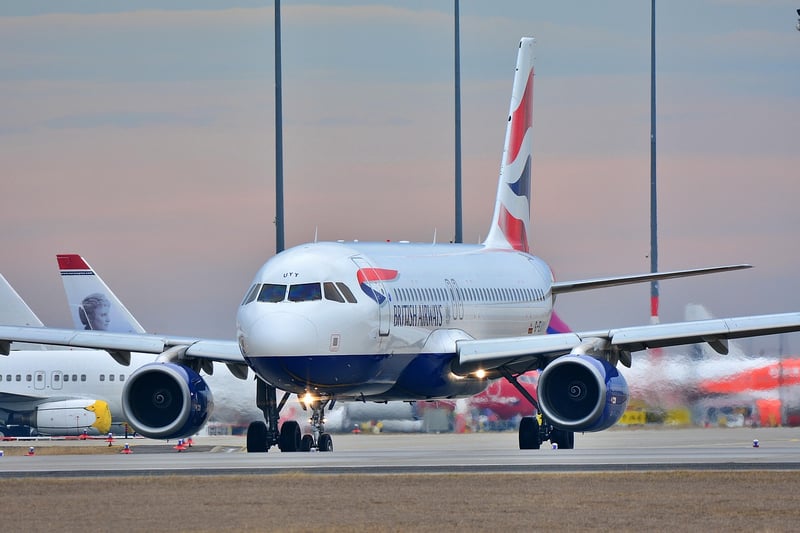Quantum Leap
The Evolution of Transportation: From Horse-Drawn Carriages to Quantum Leap
Transportation has come a long way from the days of horse-drawn carriages to the modern advancements in technology. In this article, we will explore the various modes of transportation that have shaped our history and how the concept of Quantum Leap could revolutionize the way we travel in the future.
1. Horse-Drawn Carriages
Before the invention of automobiles, horse-drawn carriages were the primary mode of transportation. They were slow but served as a crucial means of getting people from one place to another.

2. Steam Locomotives
The invention of steam locomotives revolutionized land transportation, allowing for faster and more efficient travel over long distances. This mode of transportation played a significant role in the industrial revolution.

3. Automobiles
With the invention of automobiles powered by internal combustion engines, personal transportation became more accessible to the masses. Cars offered flexibility and freedom to travel at one's convenience.

4. Air Travel
Airplanes revolutionized long-distance travel, making it possible to cross continents in a matter of hours. The aviation industry continues to innovate, making air travel faster and more comfortable.

5. Quantum Leap in Transportation
Quantum Leap is a theoretical concept that could potentially revolutionize transportation as we know it. Imagine being able to teleport from one location to another instantly, bypassing traditional modes of transportation altogether.
While Quantum Leap is still a concept in science fiction, ongoing research in quantum mechanics and teleportation could eventually lead to groundbreaking advancements in transportation technology.
As we look back at the evolution of transportation, from horse-drawn carriages to the possibility of Quantum Leap, it is clear that human innovation knows no bounds. The future of transportation holds endless possibilities, and only time will tell what revolutionary advancements await us.
